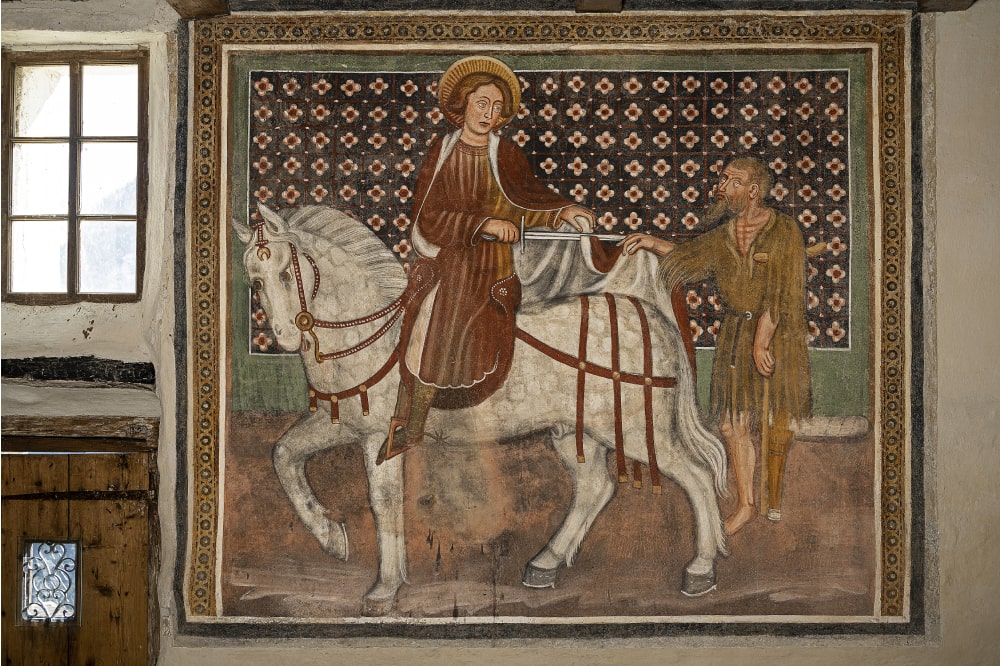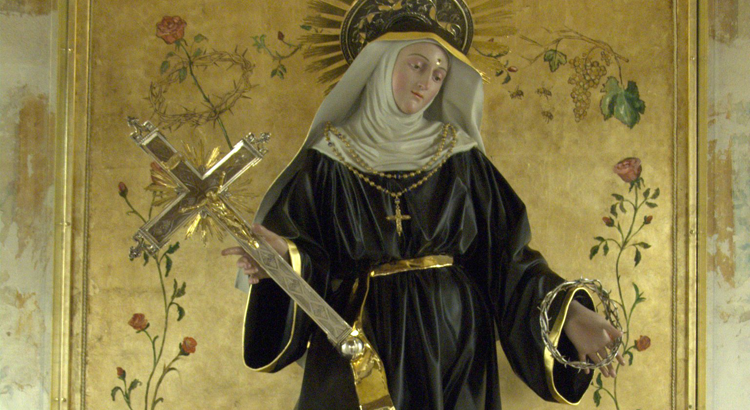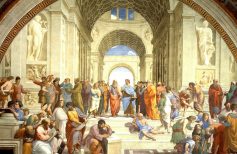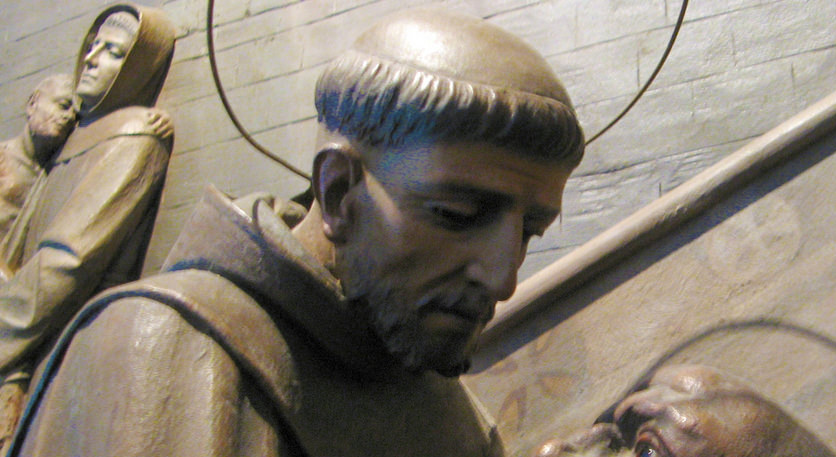The legend of Saint Martin reminds us of the importance of altruism and mercy. This is how the tradition of the summer of Saint Martin was born
The first decade of November has always been characterised by a bizarre climatic phenomenon, the so-called summer of Saint Martin. It often happens that in the days immediately before and after 11 November, Saint Martin’s Day, the climate returns to being suddenly mild, only to worsen immediately afterwards. The legend of Saint Martin picturesquely narrates the reason for this last heartbeat of summer before the beginning of winter.
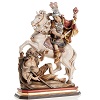
Martin of Tours was born in present-day Hungary, in the fourth century AD. Before becoming a bishop and later being proclaimed a Saint, Martin was a Roman soldier and served in the imperial guard. The legend of Saint Martin tells how one evening, during one of the surveillance rounds he was required to perform, Martin met a cold beggar, covered only by a few rags. The night was really cold, the sky was dripping with rain, and the soldier was pitied by that wretch who was trembling and who would surely die before dawn. So, without hesitation, he took off the white cloak that symbolised his belonging to the imperial guard, and with the sword he cut it in half, handing part of it to the poor man. At that moment the rain stopped, the clouds opened, and an unnatural warmth spread all around as if heaven had rejoiced for the piety and generosity of that young soldier.

Giving alms: is it charity?
Almsgiving to the poor is a manifestation of mercy strictly connected to the duties of a good Christian…
A variant of the legend of Saint Martin states that, after meeting the beggar, the saint had met another man in even more miserable conditions and had given him the remaining part of his cloak, adapting to sleep in the cold. That night in a dream Jesus would appear to him who would thank him for having clothed him and saved him from the frost of the night.
In whatever way it is told, the legend of Saint Martin shows us an example of great altruism, generosity and mercy. After this surprising meeting, Martin wanted to be baptised and left military life. A prominent figure in Western medieval religious history, but also venerated by the Orthodox and Coptic churches, he was one of the founders of monasticism in the West, fought against Arian heresy and paganism, became Bishop of Tours and was renowned as a thaumaturge and great pastor of souls.
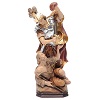
The summer of Saint Martin
Beyond the religious value of the history of Saint Martin, its festival has always coincided with popular peasant traditions and folk customs related to autumn and the changing of the seasons. Since ancient times, in the summer days of Saint Martin, the barrels were opened to taste the new wine, the roasts were harvested and cooked, and pumpkin products were consumed. In many Italian villages and towns, these traditions have been maintained even today, in the form of picturesque fairs. Even in the rest of Europe, the summer of Saint Martin is celebrated with characteristic festivals and customs. Many typical desserts prepared for the feast of Saint Martin, from the Venetian Dolce di San Martino, made of shortcrust pastry that is given the shape of the saint on horseback with sword and cloak, decorated with coloured sugar icing, candies and chocolates; to the Sicilian Saint Martin biscuits, flavoured with anise seeds and to be soaked in wine; to the sphinxes of Saint Martin, sweet pancakes always dear to the Sicilian tradition.
In certain areas of the Po Valley “Doing a Saint Martin” is still synonymous with “moving”. In fact, on the days that coincide with the summer of Saint Martin, the sharecroppers who worked in the large agricultural funds had finished their work. The fields were sown and, unless the owner renewed their contract, the farmers had to leave the farm and look for work elsewhere. So they took advantage of the mild climate of the summer of Saint Martin to leave, taking their belongings and family with them, to move to another farm.

